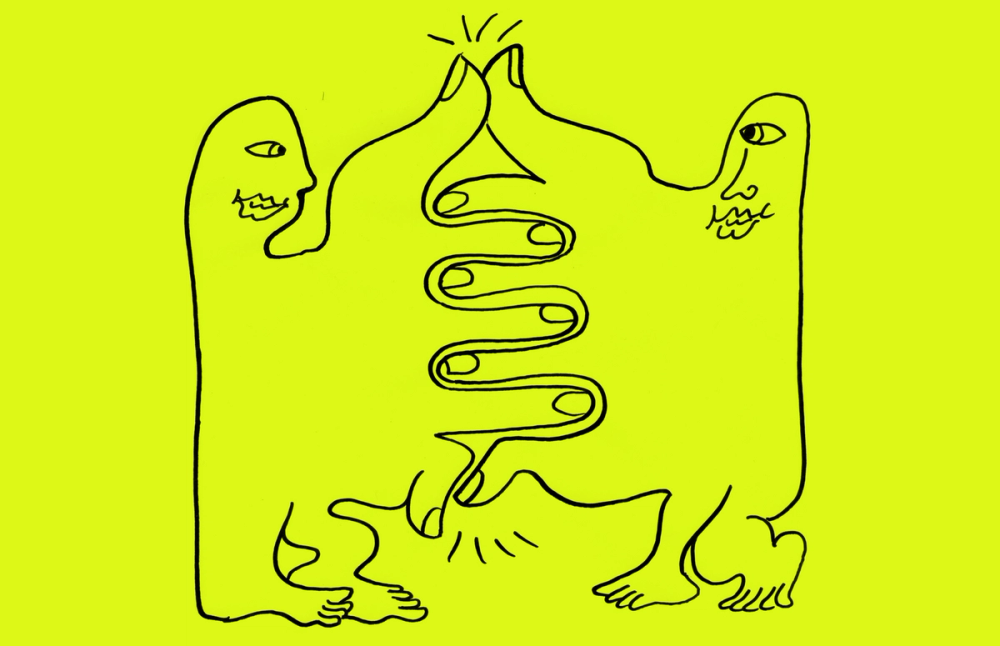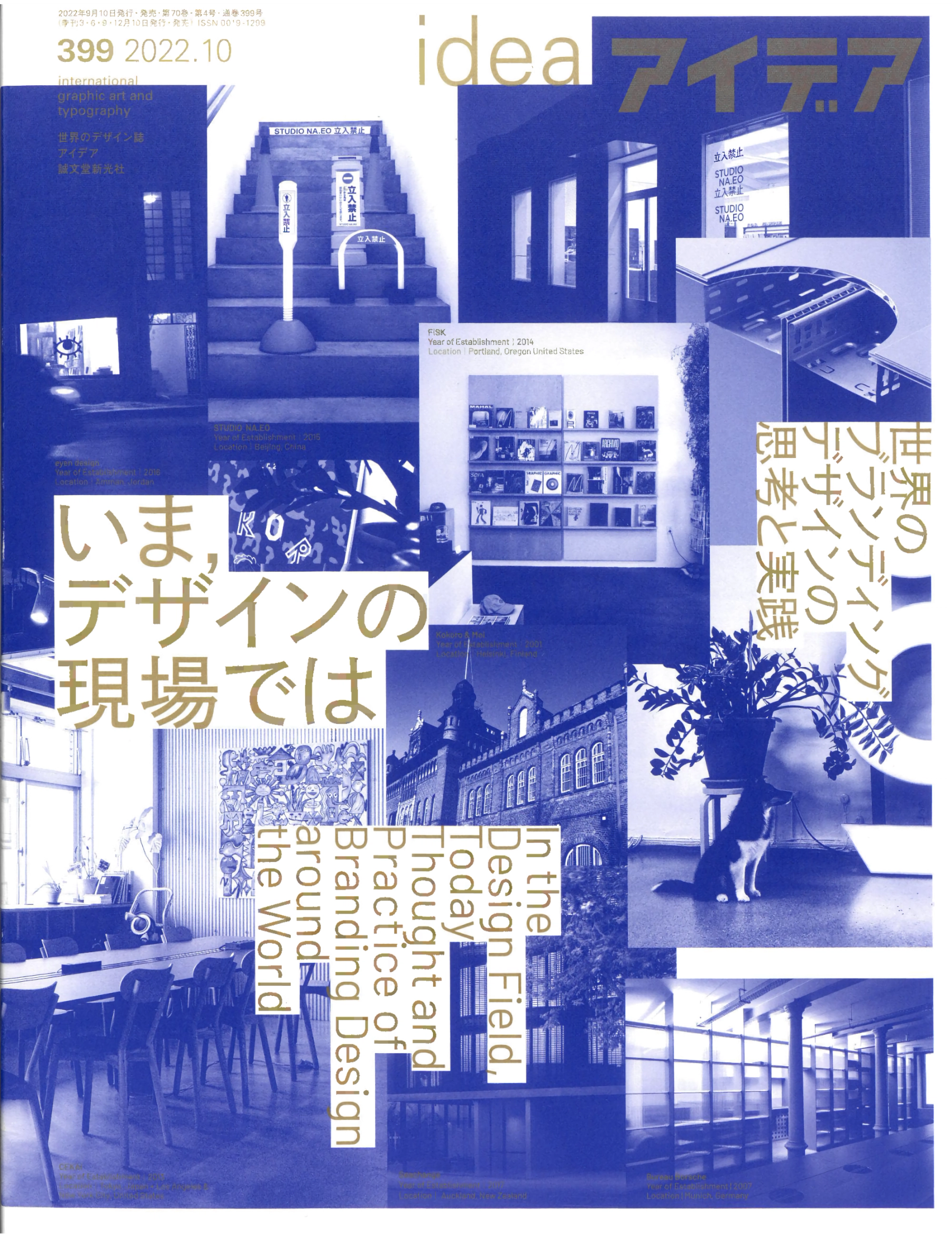Marketing, branding, design and PR all thrive on close relationships, and finding the right agency can be the difference between a project that’s purely transactional, and one that’s transformative.
Gone are the days when agencies would win the work, disappear, and re-emerge 12 weeks later for the big reveal. Creative projects are now, more often than not, highly collaborative experiences between agencies and their clients, making the underlying relationship more important than ever.
Good chemistry, and a sense of trust and mutual understanding makes the partnership what it’s meant to be: an agency using their expertise and understanding to put a brand’s vision out into the world.
Read on for team AUFI’s guide to finding the right fit.
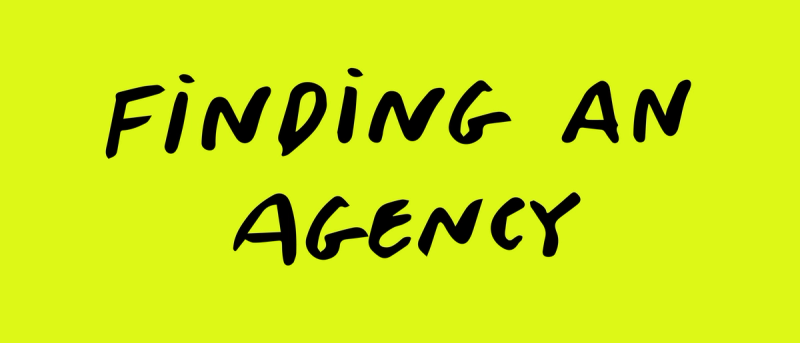


LOOK BEYOND THE PORTFOLIO
It’s tempting to head straight for the website, but an agency’s portfolio doesn’t always tell the full story about their work or capabilities.
“I think clients can get caught up on what’s in a team’s existing portfolio, and sometimes if they don’t see exactly what they want to see they get put off. In reality, you need to see the threads of what they can do, or their skillset. Sometimes clients feel like an agency’s style is too editorial or minimalist, but a good agency is going to give you a solution just for you.” – Charlotte Rand, Network Director.
“It’s worth remembering there’s a lot of work they may not be allowed to show, and all the work on their website is governed by a brief. Sometimes agencies don’t update their websites either. It all comes back to the people you’re going to work with – if they’ve got the ambition and understand the brief, and know what they’re doing, that should be more important than what’s on their website.” – Lotte Wilkinson, Account Director.
“When a client says, ‘We love that agency, because they did this particular project’, I remind them that it only exists because a brand or a founder established a connection with that team, bought into them and how they think, and took a chance on them.” – Toby Wilkinson, Co-Founder
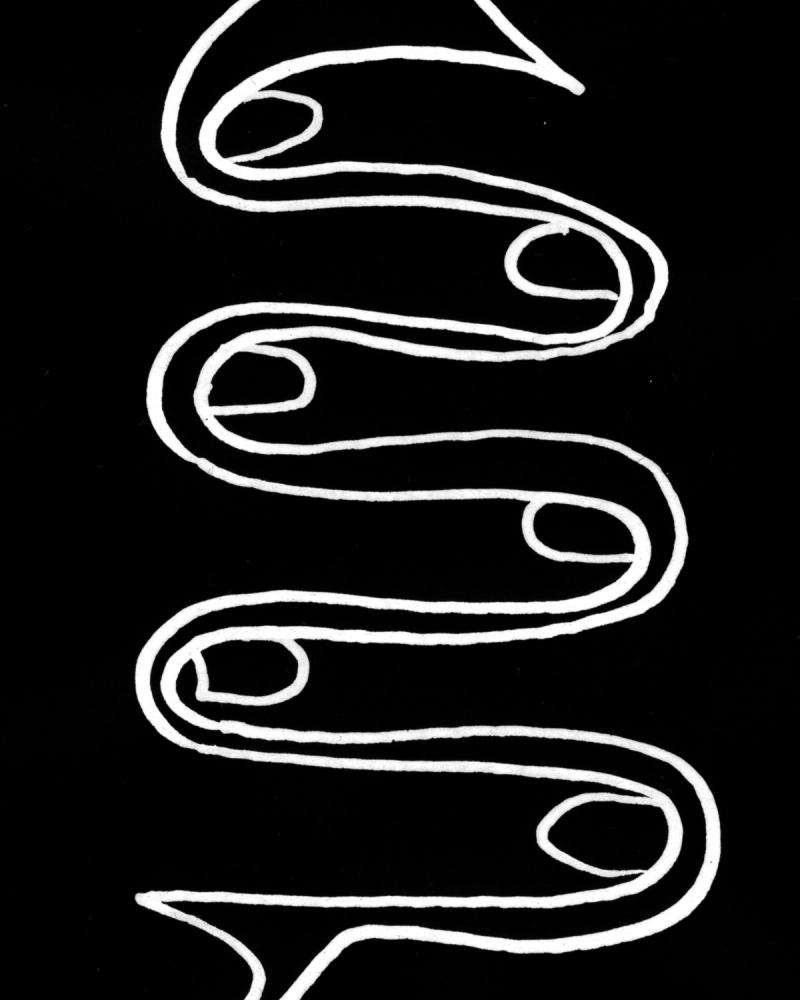

TAKE THE TIME FOR MEETINGS
Talking in-person, or at least over Zoom, is a chance to get a feel for the people behind the agency name and assess whether the initial chemistry is there.
“It’s not worth closing off your chances for meeting an agency that might turn out to be the perfect team. Be very open to conversation as a first stage. Six conversations of 20 minutes can ultimately be the difference in you finding the perfect creative partner. And don’t have too many stringent requirements upfront to get those conversations moving.” – Seb Zanasi, Operations & Account Manager
“Try and get everybody on the call, so everyone’s had an opportunity to say something and ask questions. Make sure you get the agency to do a proposal walkthrough with you. This avoids you misreading or misunderstanding the proposal, and allows them to show what’s been included or not. You can check that everything you want is in there, get an understanding of an agency’s process, and test out how it will feel working with them.” – Sarah Davies, Account Director
“Ideally, project stakeholders would be involved in early meetings and the selection process, so there’s no surprises further down the line. By making them part of the journey, and the introductions, you avoid the possibility of deciding on an agency and encountering differences of opinion at an awkward stage of the project’s completion.” – Toby
EMBRACE CHALLENGING CONVERSATIONS
A good client-agency relationship is one where both sides feel able to ask difficult questions, raise concerns, and have an honest debate about the business and creative challenge they’re facing together.
“There will inevitably be points of difference, but good chemistry creates trust and means clients and agencies feel comfortable questioning one another. If that trust and substance is lacking then it becomes more of a transactional relationship, and it’s harder for clients to ask an agency to change their approach, or for agencies to suggest alternative routes.” – Seb
“It all comes down to the chemistry that’s bubbling away in the conversations. If the team feels that they can really push the boundaries, and do what they need to do within the realm of the brief, then the client will feel excited.” – Lotte
“Instil honesty and transparency from the off, and don’t be afraid to say what’s on your mind. It’s good to question agencies about their capabilities and experience to avoid any unpleasant surprises later on. Having these kinds of conversations early on can help put your mind at ease, and even create room to tweak the scope of work accordingly.” – Toby

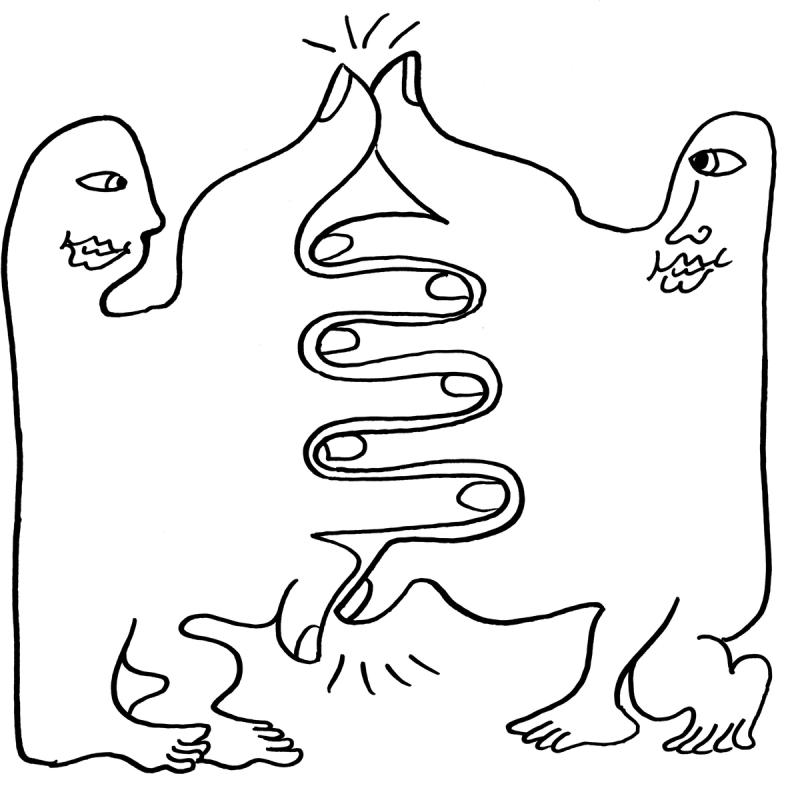

GO BEYOND THE PRACTICALITIES
Clients and agencies often spend a lot of time working together, so the relationship needs to have deeper resonance than simply whether a team can meet the budget.
“Practical considerations such as budget, timelines and relevant experience are all important, but once those boxes are ticked you can move onto the bigger question of how your teams get on. You’re going to be in the weeds with them, working together to get to the bottom of often nuanced challenges, so being comfortable getting around a table together is key. Finding a team that speaks the same language, and mirrors your energy and ambitions, will help you arrive at more interesting creative solutions.” – Nick Bell, Co-Founder
“It’s really important to select a team that you feel you trust, respect, get on with, and believe in. At some point in the process, the agency will show the client something they’re not sure about, or the client will have to give tough feedback, and starting out with mutual respect is going to help navigate those situations successfully. Ultimately, these will make the relationship stronger rather than blowing it up.” – Toby
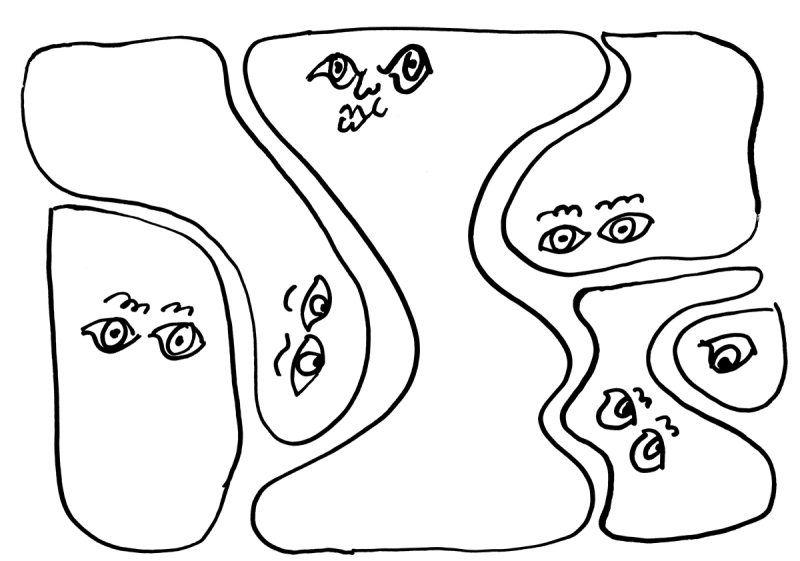

TRUST YOUR GUT
Once questions around budget and experience are taken care of, it often comes down to an instinctive response.
“It’s often a knee jerk reaction, much like meeting someone in a circle of friends that you instantly like. If the agency can deliver what you’re looking for, at the budget you’ve set, then that instinctual feeling should play a part in driving the decision.” – Seb
“I had a recent experience where I watched a client’s reaction with one of the teams he was meeting. He almost totally let his guard down and was really open – it was like a lightbulb turned on for him.” – Sarah
“If you feel that you can ask an agency to do something, and not feel stressed out about how it’s going to go, that’s good chemistry. If they’re freeing up space for you, it’s mutually beneficial, and you know you’re going to regroup and have a productive kind of conversation, then you know you’re on the same page.” – Char
ENJOY THE PROCESS
Tough timelines and long projects can take their toll, and you need an agency that’s an enthusiastic partner in that process.
“It can sometimes be quite a long process, so you need to feel like you’ve got someone who understands you the whole way, and who is going to bring you along the journey. It’s a more enjoyable experience if you feel like you’re working with a partner, rather than making a transaction.” – Lotte
“You want to enjoy the process. Being excited about what you’re creating together versus feeling like you’re doing a school group project makes such a difference in terms of the communication and outcome.” – Char
“Find a team that can help you dream big. The right agency will be able to take your brief and expand it beyond its initial ambitions.” – Nick
Client-agency chemistry isn’t a precise art, and balancing the practicalities of creative work with the more instinctive, emotional side of things is a challenge. AUFI’s introduced 1,000 clients to their ideal agency partner, all of whom are vetted beforehand to ensure they have the skills and experience, and can meet a project’s budget and timelines – so you can concentrate on the chemistry question. Get in touch to tap into our global network of creative agencies.
